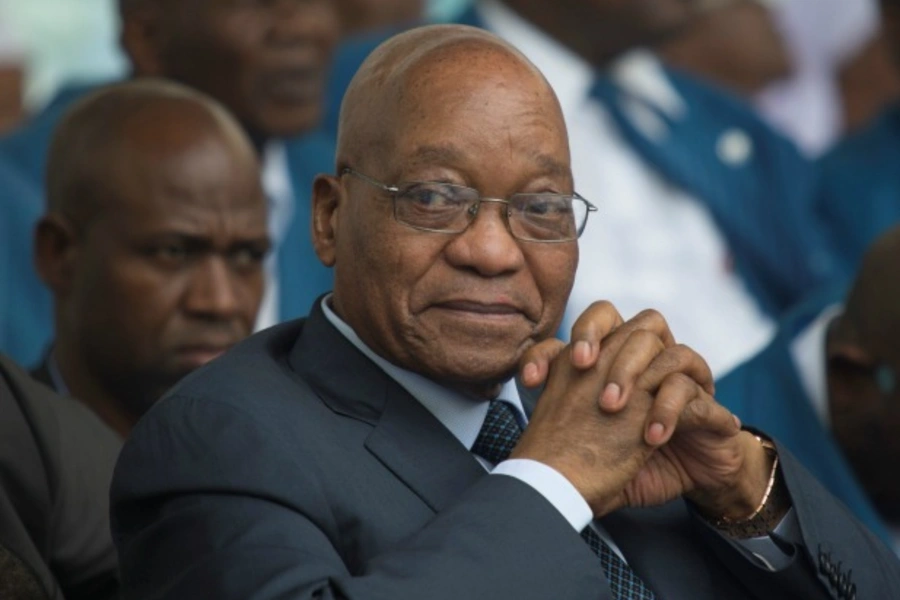More on:
Standard & Poor (S&P), the international credit rating agency, left its assessment of South Africa’s foreign-currency debt unchanged. It remains at the same level as Italy’s and India’s. However, it did lower South Africa’s local-currency rating, which remains above “junk.” On the S&P news, the South African currency, the Rand, rose 1.6 percent against the U.S. dollar, and yields of rand-denominated government bonds fell nine basis points to 9.02 percent.
S&P warned that Zuma government interference in economic reform could damage investor confidence, affect exchange rates, and lead to a future downgrade: “Political events have distracted from, growth-enhancing reforms, while low GDP growth continues to affect South Africa’s economic and fiscal performance and overall debt stock.”
Within the governing African National Congress (ANC), there is a struggle over the successor to Jacob Zuma, who must step down as party leader by December 2017, and the future direction the party will take. The party has been roiled by credible charges of corruption involving the Gupta brothers, confidants of the president. An S&P downgrade of South African debt to “junk” status had been widely anticipated, and such a move could have provided the occasion and excuse for President Jacob Zuma to reshuffle his cabinet and remove the highly regarded Finance Minister Pravin Gordhan. Gordhan is usually numbered with those ministers that are seeking Zuma’s ouster by the party, the most recent failed effort being within the ANC National Executive Committee on December 3 and 4.
The S&P move is probably contrary to Zuma’s goal of restoring his power within the party and strengthens the hand of the “reformers” within the cabinet. Nevertheless, Zuma as president retains the power to remove Gordhan, though should he do so the markets would react badly.
More on:
 Online Store
Online Store
